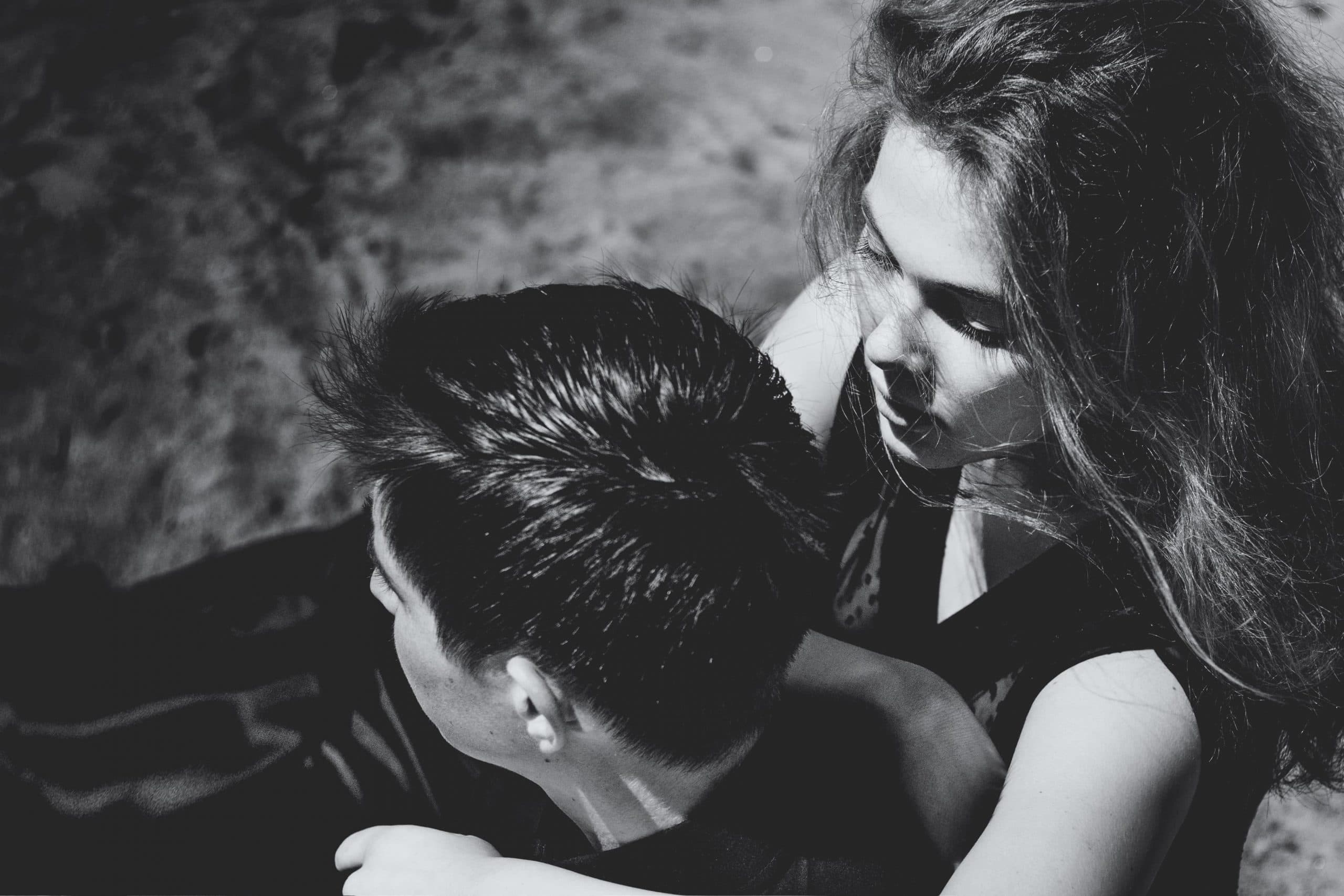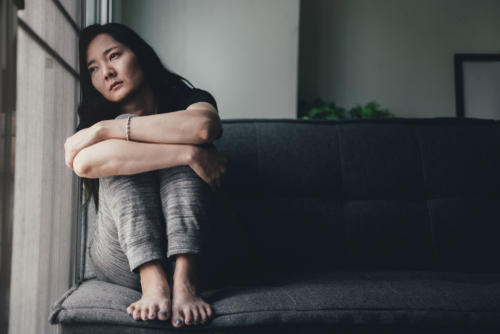For many people, self-love means occasionally treating yourself to an expensive piece of clothing or dedicating a night just to yourself. However, the true feeling of self-love is something that you should build and nurture throughout your life.
In fact, one of the first steps in accepting love from others is learning how to love and appreciate yourself. Only by understanding and embracing your inner self can you build strong, intimate relationships and be at peace with others.
Unfortunately, in today’s fast-paced society, people are often swept up in other people’s emotions, personal goals, and constant feelings of self-criticism. Consequently, this can lead to serious mental health issues, including depression and anxiety, as well as relationship problems such as a lack of emotional intimacy with your partner. This is why individual coaching for relationship issues often includes working on self-acceptance, self-esteem, and other aspects of self-growth.
What It Means To Love Yourself
It’s not unusual for people to either completely neglect themselves or mistaken self-love for selfishness and egocentrism. Some even believe that self-love is a shallow concept often propagated in commercial purposes.
However, self-love is so much more than this. While this feeling and attitude toward oneself may have different meanings for various individuals, it’s typically described as self-compassion, self-appreciation, and self-respect.
Of course, loving yourself requires you to first gain a deeper insight into your own mind and feelings, understand your personal behaviors and decisions, and learn how to accept your mistakes. By truly embracing your inner self, you will learn how to be gentle to yourself and your emotions instead of striving for perfection or criticizing yourself for every mistake.
Common characteristics of self-love

In general, self-love is characterized by the following features:
- Mindfulness. When you love yourself, you don’t have to burden yourself with past mistakes or spend time thinking about what you could have done differently. Mindfulness also entails being aware of your emotions and thoughts free from judgment and self-criticism.
- Forgiveness. Self-love also enables you to forgive yourself and others and move forward. You can understand the reasons behind your and others’ actions or mistakes.
- Acceptance. After learning to accept yourself, you will be able to accept others too, including their flaws.
- Self-focus. Whether you’re in a relationship or not, self-love inspires and motivates you to keep working on your growth. You’re also not ashamed to put yourself before others sometimes and dedicate attention to yourself, not solely your partner.
- Intimacy. Loving your mind, body, and inner self enables you to establish healthier, stronger, and more intimate relationships. You feel comfortable opening up to your partner and don’t see vulnerability in your relationship as a weakness.
Why Is It Important To Love And Respect Yourself?
You’ve probably heard numerous variations of the phrase “you first have to love yourself in order to love others” a countless number of times. Even couples and individuals who join relationship building skills workshops first need to address personal issues and behaviors before working on their relationships.
However, you still may be wondering why this is so important. In fact, a certain dose of healthy self-criticism may even benefit your growth and relationship with others. So, why does self-love play such an important role in your life?
Here are several reasons why self-love and self-respect are the foundation of establishing a positive relationship with yourself and others:
- You are not afraid to stand up for yourself.
- You build and strengthen your self-esteem.
- You don’t grow resentment for your partner.
- You never lose yourself in your relationships.
- You have more compassion for yourself and others.
- You don’t spend time comparing yourself to or envying others.
- You are likely to see the world from a more positive perspective.
- You make decisions that can benefit you mentally and physically.
Why Is Self-Love So Difficult?
However, even if you fully understand the importance of self-love and self-respect in your life, sometimes nothing seems more difficult than letting go of perfectionist goals, past mistakes and regrets, self-criticism, and other feelings and attitudes that damage your self-esteem and sabotage your relationships.
There are multiple reasons behind this even if you may not be fully aware of them. They include:
- Past experiences. Your previous experiences have shaped you as a person, so it’s extremely difficult to leave certain traumas behind. The past often leaves individuals believing that they are unworthy of love and exposing themselves to constant self-criticism.
- Perfectionism. Whether in personal relationships or work, perfectionism can hinder your efforts to love yourself. When you fail to meet perfectionist, unrealistic expectations, the first person to blame is typically you. In fact, it has been shown that perfectionism can lead to serious problems such as anxiety, depression, eating disorders, IBS, etc.
- Conflicts. Interpersonal conflicts may leave you questioning yourself and what you have done wrong. This is particularly common if you enter a conflict with a person who cannot or doesn’t want to understand your side and often blames you for everything that goes wrong in your relationship.
- Selfishness. Some people believe that they’re being selfish and egotistical if they put themselves before others or expressing their feelings and needs. However, you shouldn’t feel guilty if you love yourself. This will allow you to be a better person toward others, too.
How Do You Love Yourself?
Although it is difficult to change well-established behaviors and attitudes, you can learn how to love yourself. Here are a few practices of self-love that you can introduce to your life:
- Practice mindfulness. Learning how to be present and aware of your current feelings and thoughts is truly liberating. You can forget about the past and focus on the present. The key to mindfulness is observing your thoughts and emotions without any judgment. Try to understand why you feel the way you do without criticizing yourself for it.
- Understand and focus on your needs. Ask yourself what it is that you really need rather than want or hope for. Try to consider your life and personal goals and decide what you need to achieve them. This goes for everyday habits and decisions, too.
- Know when to say “no”. Don’t be afraid to say no to people. Don’t spend yourself trying to please others, but focus on what you can do for yourself. Of course, this doesn’t mean neglecting others’ feelings and needs but simply learning to set certain boundaries in your relationships.
- Embrace healthy habits. Pay more attention to your nutrition and physical activity. The body and the mind are intertwined and you cannot love one without the other. Additionally, quality sleep, healthy nutrition, and exercise are essential for combatting anxiety, depression, and other mental health problems.
- Consider a problem from different perspectives. It’s easy to feel discouraged by certain problems and challenges in your life. However, instead of blaming yourself or believing you’re not strong enough to overcome them, try to see how you can grow using this invaluable life experience.
How Does Loving Yourself Change Your Life?
Working on self-love and personal growth will truly enrich your life, affecting its every aspect, including interpersonal relationships. By embracing yourself and implementing practices that support self-love, you will notice an array of changes in your life:
- Higher self-esteem. When you love yourself for who you are, you are able to maintain a healthy level of self-esteem. You won’t compare yourself to others and will learn to appreciate your own personality, body, and mind. Stronger self-esteem will improve your life in general, as you will see yourself as a strong, capable person who can achieve their life goals and find the happiness they deserve.
- Stronger relationships. After learning to love and accept yourself, loving and understanding others will be much easier. You and your partner will have a stronger, more open and honest relationship that won’t be sabotaged by your personal insecurities.
- Enhanced overall health. The mind and the body are closely connected. So, a more loving, positive attitude toward yourself will reflect on your mental and physical health. You will be more inclined to take care of yourself and your personal needs, minimizing the risk of experiencing health problems and developing unhealthy habits.
- Personal motivation. With more self-love in your life, you will be more motivated and inspired to pursue your life goals. You’ll believe in yourself more and be more resolute to realize your potential.
- More control over your life. By getting in touch with your inner self and learning to accept it, you will feel more in control over your life. You will have the strength to change the things you don’t like, see challenges as an opportunity and face problems instead of withdrawing to yourself.
Individual Coaching for Relationship Issues: Start Your Journey Toward Self-Love

Self-love is at the core of your self-improvement and personal relationships. However, silencing that inner voice that has been telling you that you aren’t good enough or that you don’t deserve love for years is truly challenging. You may be even sabotaging your relationship with your partner without even being aware that the issues stem from your personal dissatisfaction and deeply ingrained survival patterns.
Here at PIVOT, we will help you not only address these issues but also apply high-result solutions to resolve them. Whether you want to work on yourself or improve your relationship building skills, our carefully devised process and workshops will help you identify the underlying negative patterns, take steps to modify them, and learn how to build a more loving, understanding relationship with yourself and others.
With us, you can join intensive workshops for personal growth at the Glass House or achieve progress through individual coaching with a PIVOT Coach. We give you an opportunity to not only identify the problem and its cause but also intensively work on altering well-established behaviors. Get the support & professional guidance you need with us!



















